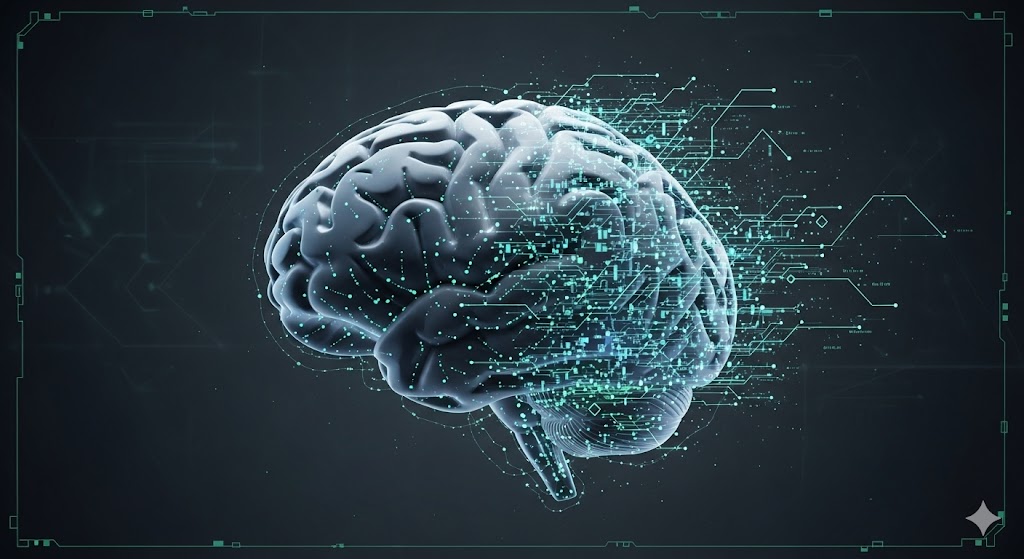
Source
The Economist
Summary
A Massachusetts Institute of Technology study has found that students using ChatGPT during essay-writing tasks showed reduced brain activity in areas linked to creativity and attention. Similar research from Microsoft and the SBS Swiss Business School supports the claim that frequent AI use may diminish critical thinking, fostering “cognitive miserliness,” or the tendency to offload mental effort. While experts caution that the evidence is not yet conclusive, they warn that excessive reliance on AI could erode problem-solving and creative skills over time. Historical parallels—such as Socrates’ scepticism about writing—suggest technological tools often reshape, but do not destroy, cognitive abilities. The article concludes that using AI thoughtfully—prompting step by step and reflecting critically—can help preserve intellectual engagement even as automation advances.
Key Points
- MIT researchers observed reduced creative and attentional brain activity in AI-assisted students.
- Frequent AI users performed worse on critical-thinking tests in a Swiss study.
- Over-reliance on AI can create “cognitive offloading” and feedback loops of dependence.
- Experts urge reflective, guided use—AI as assistant, not replacement.
- Strategies such as incremental prompting and “cognitive forcing” can sustain mental effort.
- Evidence remains mixed: AI may change, but not necessarily weaken, human intelligence.
Keywords
URL
https://www.economist.com/science-and-technology/2025/07/16/will-ai-make-you-stupid
Summary generated by ChatGPT 5

